Nearsightedness, or myopia, is a refractive error of the eye in which objects that are close can be clearly seen but those that are far away appear blurry. Light beams focus in front of the retina rather than directly on it when the eyeball is too long or the cornea is too steeply curved. As a result, images from distant objects are not focused sharply on the retina, leading to blurred vision. Myopia is a common problem that may usually be treated with contact lenses, glasses, or refractive surgery.
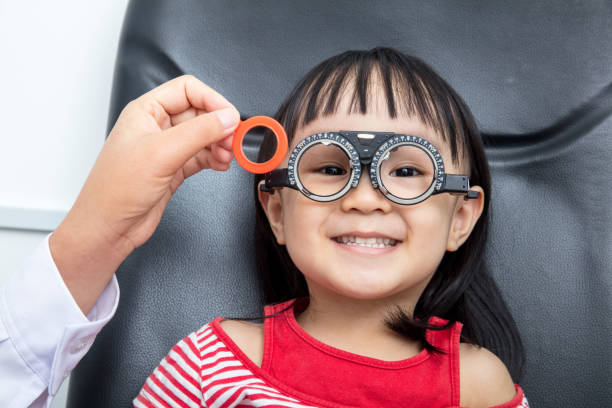
IMPACTS OF MYOPIA PROGRESSION
Myopia control strategies focus on addressing the underlying factors contributing to myopia progression, such as excessive elongation of the eyeball. Some common methods of myopia control include:
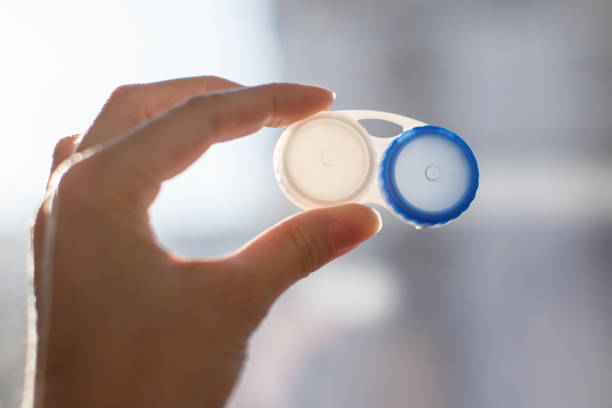
Orthokeratology (Ortho-K)
Ortho-K involves wearing special contact lenses overnight to reshape the cornea temporarily. By reshaping the cornea, Ortho-K can correct refractive errors and potentially slow down the progression of myopia.
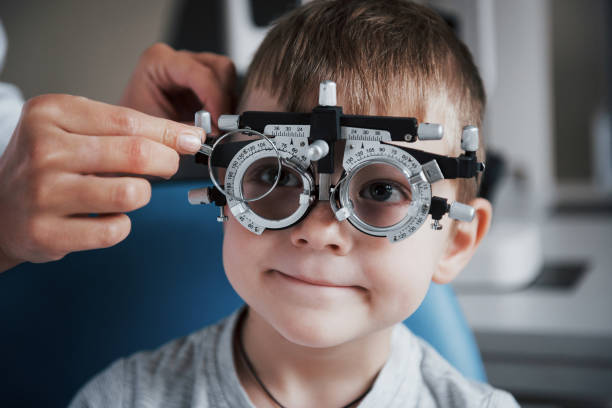
Peripheral Defocus Control Lenses
These glasses or contact lenses are designed to manipulate peripheral vision to reduce the stimulus for eye growth, potentially slowing down myopia progression
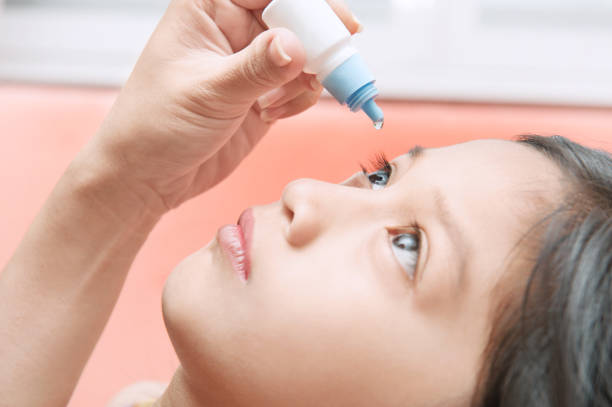
Atropine Eye Drops
Atropine is a medication that, when applied as eye drops, can help relax the focusing mechanism of the eye and slow down myopia progression. Low-dose atropine eye drops have been found to be effective in reducing myopia progression in children.
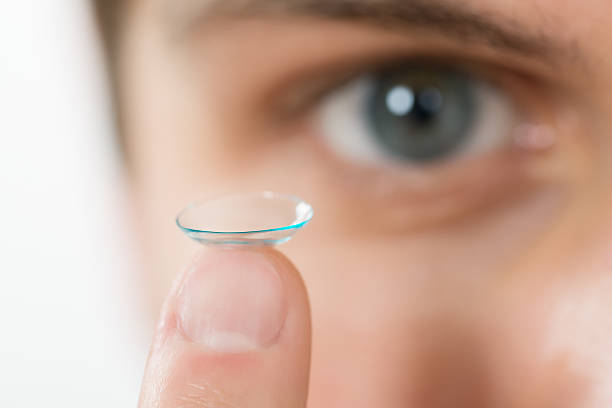
Multifocal or Dual-Focus Contact Lenses
These contact lenses have different zones with varying powers, which can help reduce eye strain and slow down myopia progression by controlling the peripheral defocus in the eye.
Myopia control strategies are typically recommended for children and adolescents with progressive myopia, as early intervention has the most significant benefit in reducing the risk of developing high myopia and associated vision complications later in life. It’s essential to consult an eye care professional to determine the most suitable myopia control approach.
LIFESTYLE MODIFICATIONS
Book with us for a comprehensive myopia assessment tailored to your needs. Our expert team ensures thorough evaluation and personalised care for optimal vision health.



